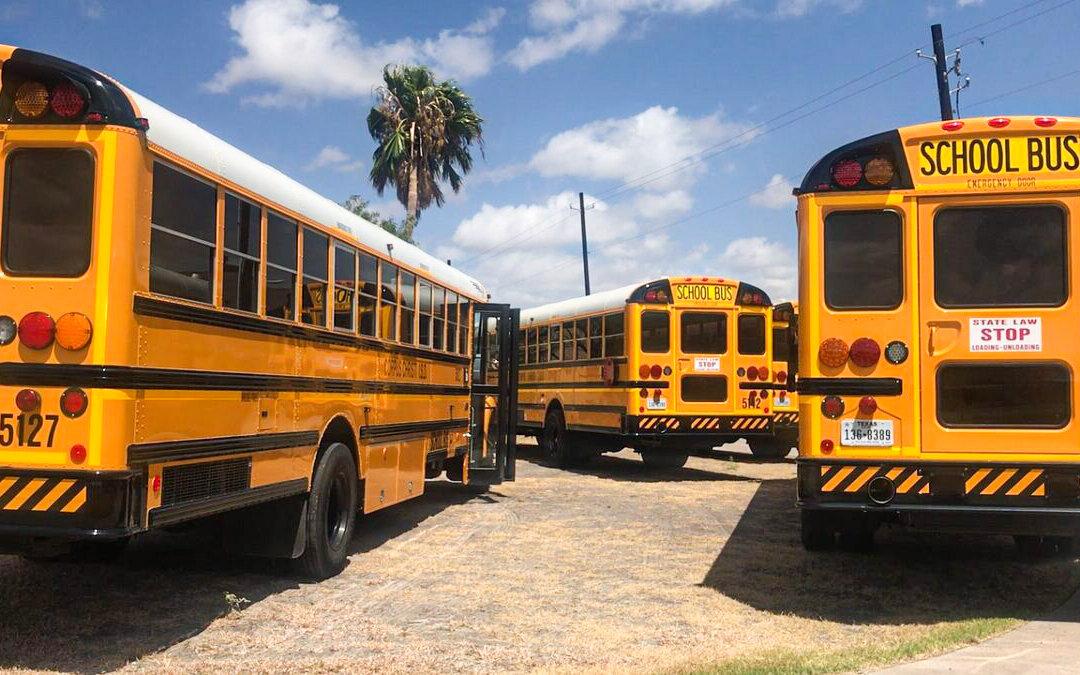The National School Boards Association (NSBA) could lose more than a million dollars in funding, as state chapters ended their membership and stopped paying dues in the backlash against a letter likening parents’ protests to domestic terrorism.
In its Sept. 29 letter (pdf) to President Joe Biden, the NSBA characterized disruptions at school board meetings as “a form of domestic terrorism and hate crime.” The organization also urged the federal government to invoke counterterrorism laws to quell “angry mobs” of parents seeking to hold school officials accountable for teaching the Marxism-rooted critical race theory and for imposing COVID-19 restrictions such as mask mandates on their children.





